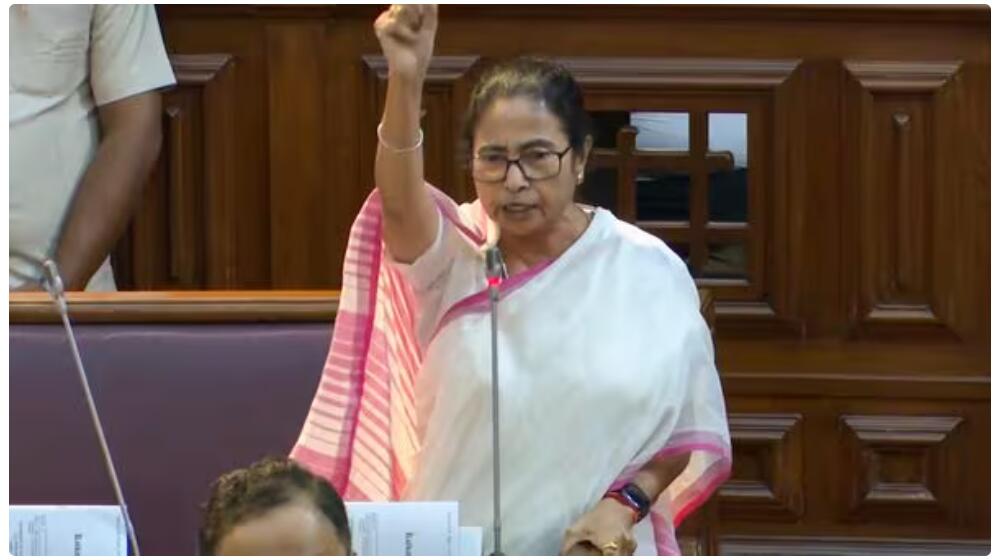In a dramatic gesture that appears more symbolic than meaningful, the West Bengal government has passed the ‘Aparajita’ Anti-Rape Bill, which introduces the death penalty for the most severe rape cases.
While the bill’s name, derived from the Sanskrit word for ‘undefeated,’ suggests a strong stand against sexual violence, the reality is far less impressive. Chief Minister Mamata Banerjee’s latest initiative appears to be a shallow attempt to address a deep-rooted crisis, rather than a genuine solution to the problem of sexual violence.
Mamata Banerjee’s administration has been under scrutiny for its repeated failures to tackle sexual violence effectively. The ‘Aparajita’ bill might sound like a decisive step, but it belies the government’s historical lack of action when it was truly needed. From numerous cases of rape and molestation going unresolved to inadequate support systems for survivors, the West Bengal government’s track record in addressing sexual crimes has been abysmal.
By introducing the death penalty now, Banerjee’s government seems to be making a desperate bid to project a tough stance on crime without implementing systemic changes that would genuinely support victims and prevent offenses. The bill, with its grandiose name, is nothing more than a symbolic gesture designed to placate public outrage rather than effect real change.
Where was this decisive action when victims were crying out for justice? The ‘Aparajita’ bill is a classic example of how Mamata Banerjee’s administration prefers grandstanding over substantive reform. It’s almost as if the bill were crafted to be a flashy distraction rather than a meaningful solution. For a government that has consistently fallen short in protecting its citizens, this latest move is nothing but a disappointing and cynical ploy to regain lost political capital.
